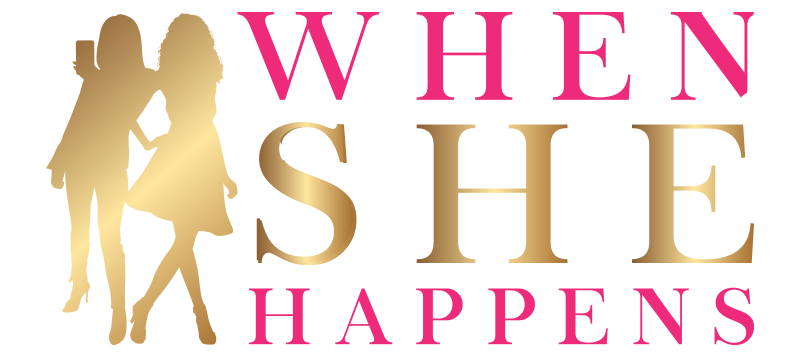The Four Liberties of Free Application
A free software is a piece of computer code that can be used with no restriction by the initial users or by anybody. This can be done by copying this program or enhancing it, and sharing it in various ways.
The software freedom movement was started in the 1980s simply by Richard Stallman, who was concerned that proprietary (nonfree) software constituted a form of oppression for its users and a violation of their moral rights. He formulated a set of several freedoms for the purpose of software to become considered free:
1 ) The freedom to alter the software.
This can be the most basic with the freedoms, and it is the one that constitutes a free course useful to people. It is also the liberty that allows several users to share their modified variation with each other as well as the community in particular.
2 . The liberty to study this software and know how it works, to enable them to make becomes it to slip their own functions.
This independence is the one that the majority of people visualize when they notice the word “free”. It is the flexibility to tinker with the application, so that it does indeed what you want that to do or stop doing some thing you would not like.
several. The freedom to distribute copies of your modified versions to others, so that the community at large can benefit from your advancements.
This flexibility is the most important of this freedoms, in fact it is the freedom generates a free system useful to its original users and to someone else. It is the flexibility that allows a team of users (or specific companies) to produce true value added versions of this software, that may serve the needs www.nutnnews.info/technology/cheap-website-hosting-points-you-need-to-find-out-about/ of a specific subset in the community.
